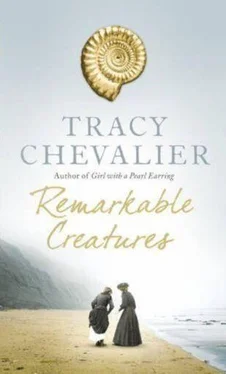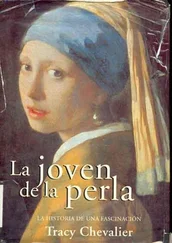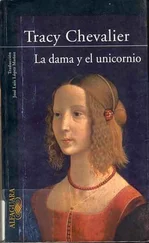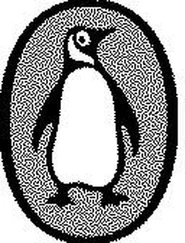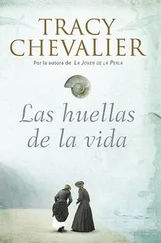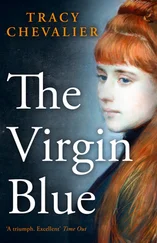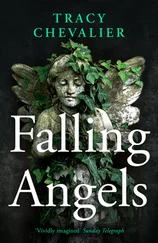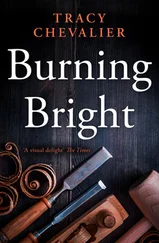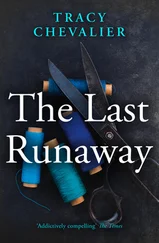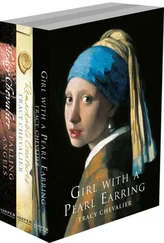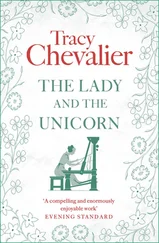For myself, it took only the early discovery of a golden ammonite, glittering on the beach between Lyme and Charmouth, for me to succumb to the seductive thrill of finding unexpected treasure. I began frequenting the beaches more and more, though at the time few women took an interest in fossils. It was seen as an unladylike pursuit, dirty and mysterious. I didn’t mind. There was no one I wanted to impress with my femininity.
Certainly fossils are a peculiar pleasure. They do not appeal to everyone, for they are the remains of creatures. If you think on it too much, you would wonder at holding in your hands a long dead body. Then too, they are not of this world, but from a past very difficult to imagine. That is why I am drawn to them, but also why I prefer to collect fossilised fish, with their striking patterns of scales and fins, for they resemble fish we eat every Friday, and so seem more a part of the present.
It was fossils that first brought me in contact with Mary Anning and her family. I had hardly collected a handful of specimens before I decided I needed a cabinet in which to display them properly. I have always been the organiser amongst the Philpots-the arranger of Louise’s flowers in vases, the one to set out the china Margaret brought from London. This need to put things in order led me to Richard Anning’s cellar workshop in Cockmoile Square at the bottom of the town. Square is far too grand a word for the tiny open space about the size of a good family’s drawing room. Though just around the corner from the town’s main square, where fashionable folk went, Cockmoile Square was made up of shabby houses where tradesmen lived and worked. One corner of the square held the town’s tiny gaol, with stocks sitting out front.
Though Richard Anning had been recommended to me as a decent cabinet maker, I would soon have been drawn there anyway, if only to compare my fossils to those at the table young Mary Anning tended outside the workshop. She was a tall, lean child, with the hard limbs of a girl used to working rather than playing with her dollies. She had a rather plain, flat face, made interesting by bold brown eyes like pebbles. As I approached, she was sifting through a basket of specimens, picking out pieces of ammonites and tossing them into different bowls as if playing a game. Even at that early age she was able to tell apart the various types of ammonites by comparing the suture lines around their spiralled bodies. She glanced up from her sorting, her look spirited and full of curiosity. “You want to buy curies, ma’am? We got some nice ones here. Look, here’s a pretty sea lily, only a crown.” She held up a beautiful piece of crinoid, its long fronds spread out indeed like a lily. I do not like lilies. I find their sweet scent too cloying, and prefer sharper scents: I have Bessy dry my sheets on the rosemary bush in Morley Cottage’s garden, while she hangs my sisters’ over lavender. “Do you like it, ma’am-miss?” Mary persisted.
I flinched. Was it so very obvious that I was not married? Of course it was. For one thing, I had no husband with me, looking after and indulging me. But there was something else about married women that I noticed, their solid smugness at not having to worry about the course of their future. Married women were set like jelly in a mould, whereas spinsters like me were formless and unpredictable.
I patted my basket. “I have my own fossils, thank you. I am here to see your father. Is he in?” Mary nodded towards steps that led down to an open door. I ducked into a dim, filthy room crammed with wood and stone, the floor covered with shavings and gritty stone dust. It smelled so strongly of varnish that I almost backed out, but I could not, for Richard Anning was staring at me, his sharp, shapely nose pinning me to the spot like a dart. I never like people who lead with their noses: they pull everything to the centre of their faces, and I feel trapped by their concentration.
He was a lithe man of medium height, with dark, lustrous hair and a strong jaw. His eyes were the kind of dark blue that hides things. It always annoyed me how handsome he was, given his harsh, teasing nature and his sometimes rough manners. He did not pass on his looks to his daughter, who might have had more use for them.
He was perched over a small cabinet with glass doors, holding a brush coated with varnish. I took against Richard Anning from the start because he did not even set down the brush, and barely glanced at my specimens as I described what I wanted. “A guinea,” he announced.
It was an outrageous figure for a specimen cabinet. Did he think he could take advantage of a London spinster? Perhaps he thought I was well off. For a moment, as I glared at his handsome face, I considered waiting for my brother to deal with him when he next came down from London. But that could be many months, and besides, I could not rely on my brother for everything. I was going to have to make my way in Lyme without the tradesmen laughing behind my back.
It was clear to me from looking around his shop that Richard Anning needed the business. I should use that to my advantage. “It is a pity that you have suggested such an exorbitant sum,” I said, wrapping my fossils in muslin and placing them back in my basket. “I would have made your name prominent on each case, and everyone who looked at my collection would have seen it. Now, however, I shall have to go elsewhere, to someone more reasonable.”
“You going to show them to others?” Richard Anning nodded at my basket, his incredulity deciding me: I would find someone in Axminster, or even Exeter if I had to, rather than give this man my business. I knew I would never like him.
“Good day to you, sir,” I said, turning to sweep up the steps. I was thwarted in my dramatic departure, however, by Mary, standing square in the entrance and blocking my way. “What curies you got?” she demanded, her eyes on my basket.
“Clearly nothing that would be of interest to you,” I muttered, pushing past her and out to the square. I hated being stung by Richard Anning’s tone. Why should I care for a cabinet maker’s opinion? In truth, I’d thought my bits and pieces rather fine, for someone new to finding fossils. I had found a complete ammonite, as well as parts of several others, and the long shaft of a belemnite, the pointed tip intact rather than broken, as they so often are. Now I could see, even as I passed the Annings’ table in my anger, that their fossils far exceeded mine in both variety and beauty. They were whole, polished, varied, and abundant. There were specimens displayed on the table I hadn’t even known were fossils: bivalves of sorts, a heart-shaped rock with a pattern on it, a creature with five long waving arms.
Mary had ignored my rude remark and followed me out. “You got any verteberries?”
I paused, my back to her, the table, the whole wretched workshop. “What is a verteberry?”
I heard a rustling by the table, the clinking of stones knocked together. “From a crocodile’s back,” Mary said. “Some say they’re the teeth, but Pa and I know better. See?”
I turned to look at the stone she held out. It was about the size of a twopence coin, though thicker, and round but with squared-off sides. Its surface was concave, the centre nipped in as if someone had pressed it between two fingers while it was soft. I recalled the skeleton of a lizard I’d seen at the British Museum.
“A vertebra,” I corrected, holding the stone in my hand. “That is what you mean. But there are no crocodiles in England.”
Mary shrugged. “Just not seen ’em. Perhaps they’ve gone somewhere else. Like to Scotland.”
I could not help smiling.
When I went to hand back the vertebra, Mary glanced around to see where her father was. “Keep it,” she whispered.
Читать дальше
Конец ознакомительного отрывка
Купить книгу
